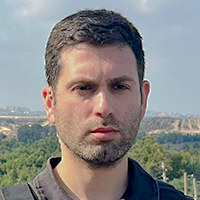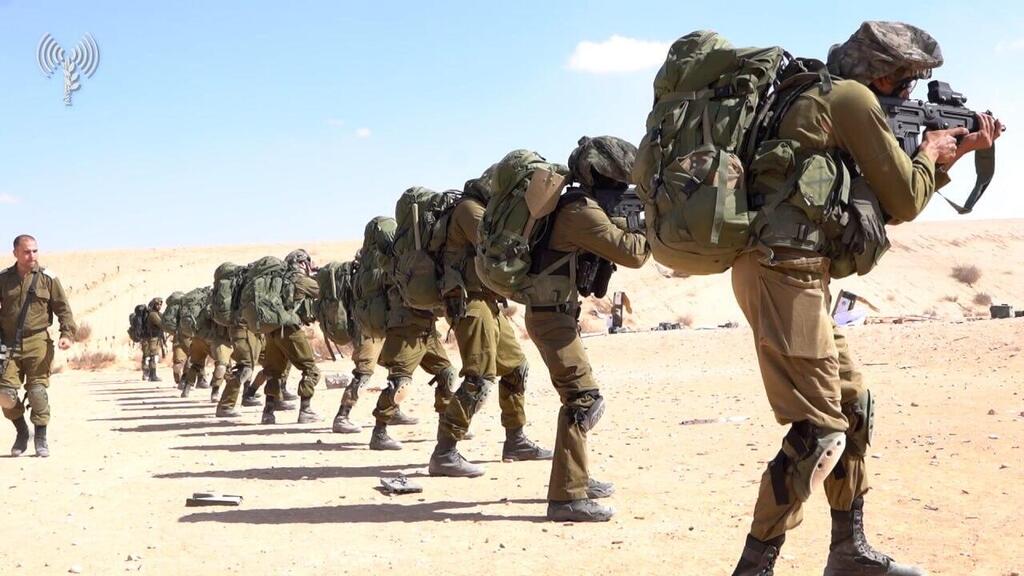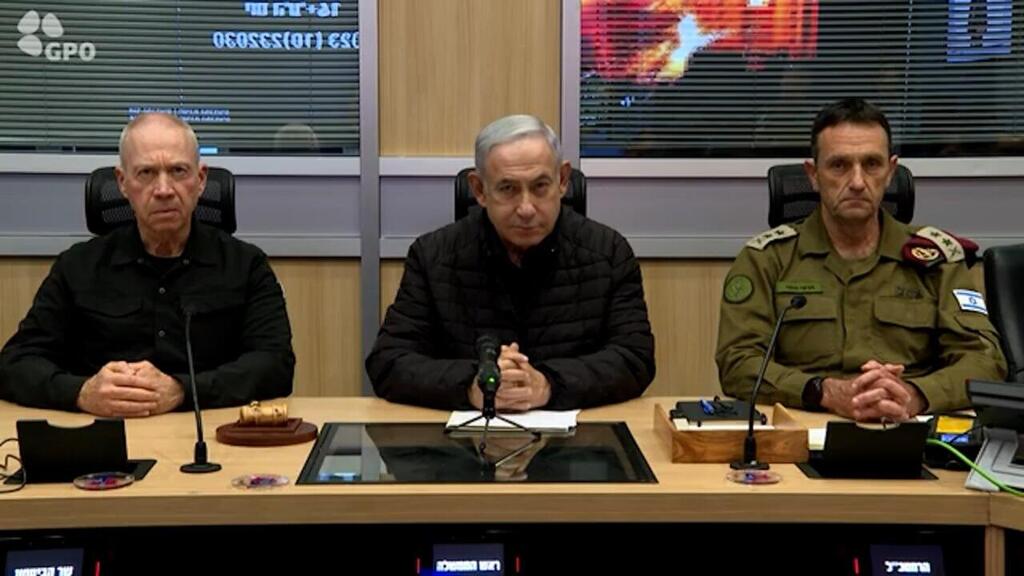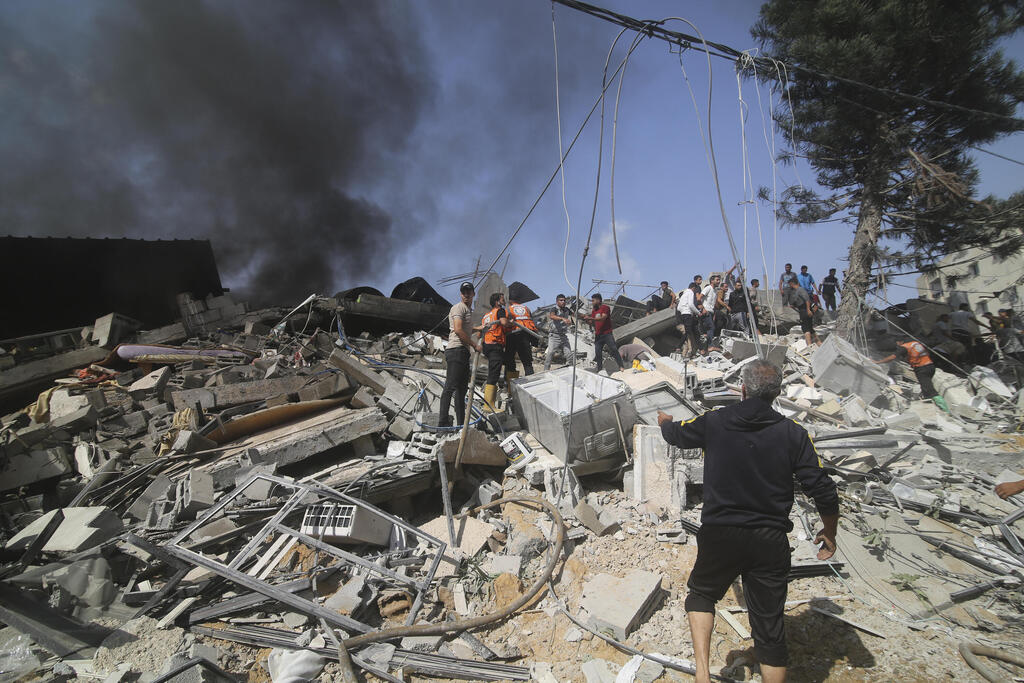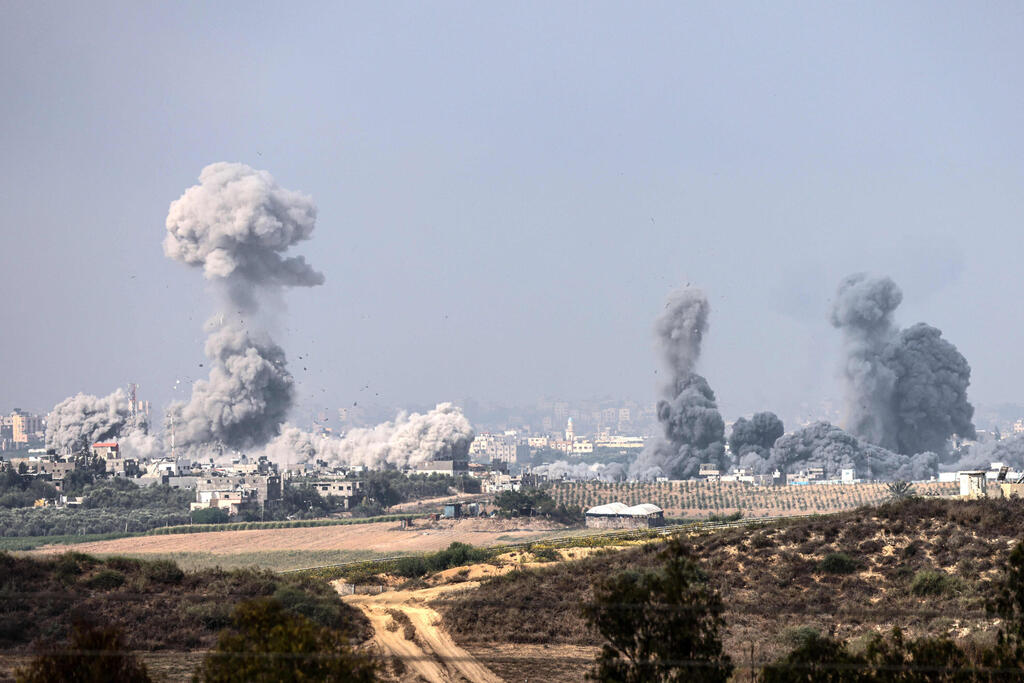Getting your Trinity Audio player ready...
Israeli security officials estimate that the war against Hamas will last at least three months, including a ground incursion in Gaza, ideally resulting in destroying the terror organization's military and managerial capabilities. This is going to cost a lot of money and will have an impact on Israel's defense budget.
Read more:
Cautious estimates say that salaries for approximately 300,000 reservists could cost the country between $1 billion - $3 billion. However, wages are only one of budgetary components of the current defense spending, not including covering damage on the homefront.
The New York Times recently reported a difference of opinion between Prime Minister Benjamin Netanyahu and Defense Minister Yoav Gallant, in which the latter demanded that Israel attack Hezbollah, not just their patrol posts, while the former wanted to maintain Israel's limited offensive against Hezbollah terrorists.
The Israel Defense Forces reported that, given the current situation in the north, without escalation the fighting may take weeks. However, the IDF is comforted by the American presence of two major aircraft carriers which serve to deter Hezbollah and Iran from joining the fray. Pictures of the destruction and rubble from Gaza began appearing in Lebanon as a warning.
Despite the considerable cost, security officials are convinced that Hamas must be dealt with once and for all. According to them, leaving even a fraction of Hamas in control of Gaza is the worst possible outcome. In any case, shaping the day after the war will be determined by the IDF's success in achieving the goal set by the government: to eradicate Hamas as a military and political organization. For the success of the mission, the government will wait for developments while focusing on the hostages, making the case for Israel's international legitimacy to act against Hamas and the humanitarian aid for two million non-involved Palestinians in Gaza.
Throughout it all, the Israeli government is experiencing difficulties adjusting expectations of the costs of war for its citizens. Israel's enemies, terror organizations Hamas and Hezbollah, have prepared well to fight on the defensive and are familiar with their terrain.
Therefore, a ground maneuver assisted by heavy fire will result in bigger losses for the IDF than in Operation Defensive Shield in 2002. Much like the current plans in Gaza, Operation Defensive Shield aimed to destroy military capabilities on the enemies' 'home turf.' In the case of Gaza, the IDF aims to eliminate all Hamas' military infrastructure including rocket factories, weapon supplies and underground tunnels used exclusively by Gaza terror groups.



